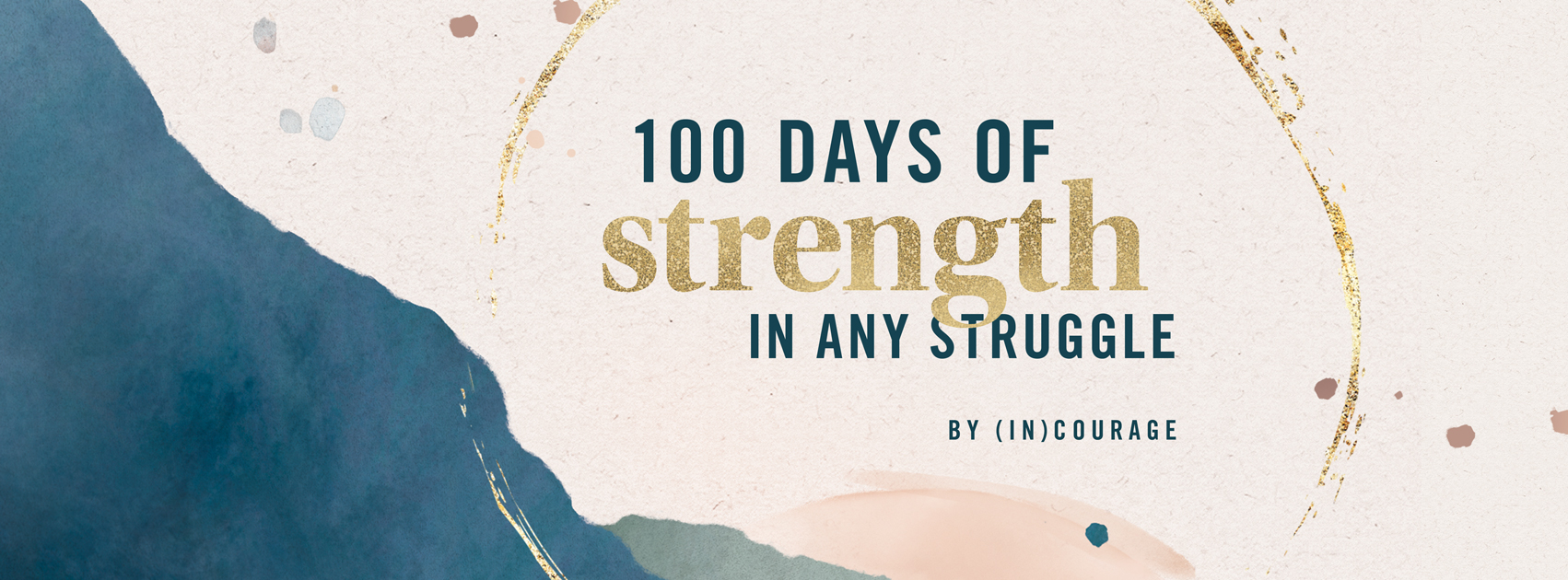My husband walked in the door, plopped my cappuccino on the counter, and said something that didn’t make sense: “Enjoy your coffee. Dan bought it.”
Who the heck is Dan? I thought. But at that particular moment, my need for coffee (or was it caffeine?) far exceeded my need for additional information. This was the second over-priced coffee drink Tad had gotten for me that morning; the first was an unfortunate casualty of him tripping on the tall first step at his brother’s back door. Thankfully, he managed to save my niece’s cold brew.
I took two big sips before bothering to ask, “Who’s Dan?”
Dan, it turned out, was a benevolent stranger. When my husband reached for his wallet to pay for the order, Dan stepped in and told the barista, “I’ve got this.” Surprised, my husband initially protested before finally accepting Dan’s Christmas Eve Eve gift.
Random acts of kindness are natural conversation starters, aren’t they? My husband learned that Dan had been ringing bells for the Salvation Army’s red kettle with his grandchildren that morning, and Tad explained the unfortunate circumstances that led to his second coffee shop visit in an hour. (Even though I shed a few tears when my first cup was dropped, I had assured Tad I was fine to pop a pod in the Keurig. But he knew I was looking forward to a fancy, frothy holiday treat, and ignored my objections.)
My cappuccino tasted exponentially better because it came with a wonderful story. While Dan’s kind gesture made my day, it also got me thinking about how easy it is to bless those around us. But it doesn’t always have to cost you in dollars and cents. Often, blessing others simply requires prayer and intention.
Miss Christine embodies this sort of thoughtfulness. Sweeter than sugar, Miss Christine lives in the retirement community where I work. Daily she prays about who might need a blessing. She’ll tear a page from one of DaySpring’s Prayers to Share Pass-Along Notes and trust the Holy Spirit to guide her to just the right person. With twinkling eyes and a joyful countenance, she’ll slip that little note into your hand and tell you the Lord told her you could use a blessing today. At 92 years old, this darling pixie demonstrates that we can never age out of sharing the love of Christ.
People like Dan and Miss Christine inspire me to “go and do likewise.” They’re vibrant examples of what it can look like to “let your light shine before others, that they may see your good deeds and glorify your Father in heaven” (Matthew 5:16 NIV).
When you encounter someone whose delight is in the Lord, you know it. You’re drawn to their light like a moth to a flame. It’s not just because there’s something particularly wonderful about that person; it’s because you’re drawn to the Holy Spirit working in and through them.
The allure of an unbridled Holy Spirit in you is magnetic… undeniable… inescapable. Way too often I get in the way, talking myself out of whatever that divine prompting is nudging me to do. Do you know what I mean? So, what can we do to be bolder in our faith, bring glory to God, and bless those around us in the process?
Maybe liberating the Holy Spirit in our lives begins with believing the Gospel we profess. When we remember and trust that Jesus’s life, death, and resurrection have made a difference in our lives – when we notice how the Gospel changes everything – how can we not share the love, joy, and kindness extended to us through God’s infinite and unconditional love?
If you’re anything like me, the new year already has you thinking about resolutions, goals, or one word that will be your guiding principle for the months to come. What if we devoted our minds and hearts to knowing and loving God this year? 1 John 4:7-11 (NIV) speaks to this –
“Dear friends, let us love one another, for love comes from God. Everyone who loves has been born of God and knows God. Whoever does not love does not know God, because God is love. This is how God showed his love among us: He sent his one and only Son into the world that we might live through him. This is love: not that we loved God, but that he loved us and sent his Son as an atoning sacrifice for our sins. Dear friends, since God so loved us, we also ought to love one another.”
Knowing and loving God go hand in hand; the better we know God, the greater our capacity to love Him. And it shows. What better way to begin a year than by investing in the most important relationship in our lives?
So, darling friends, don’t cry over spilled coffee. It might just be a blessing in disguise.
Listen to today’s devotion below or wherever you stream podcasts!



 From the introduction of
From the introduction of 